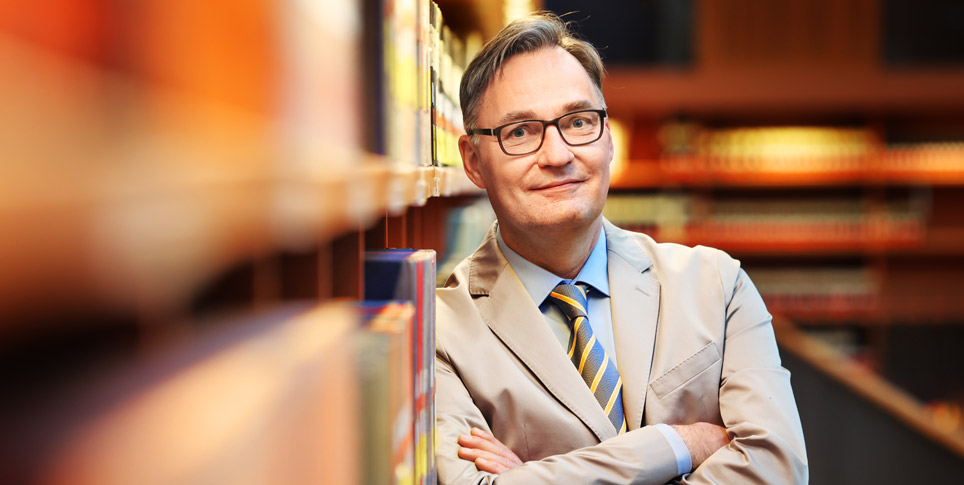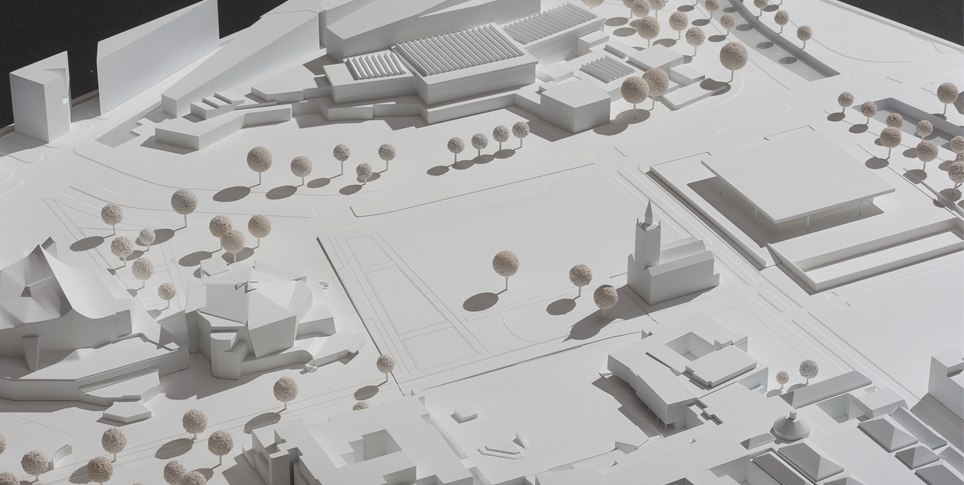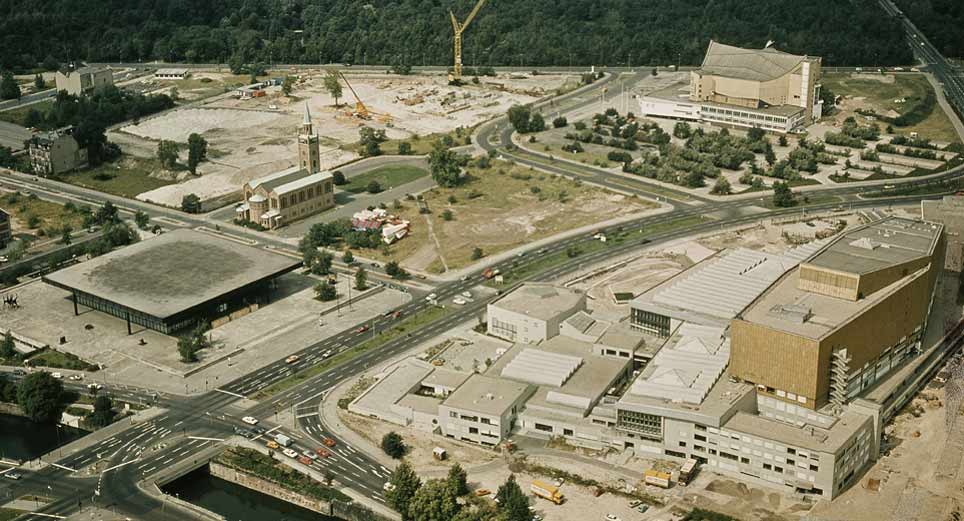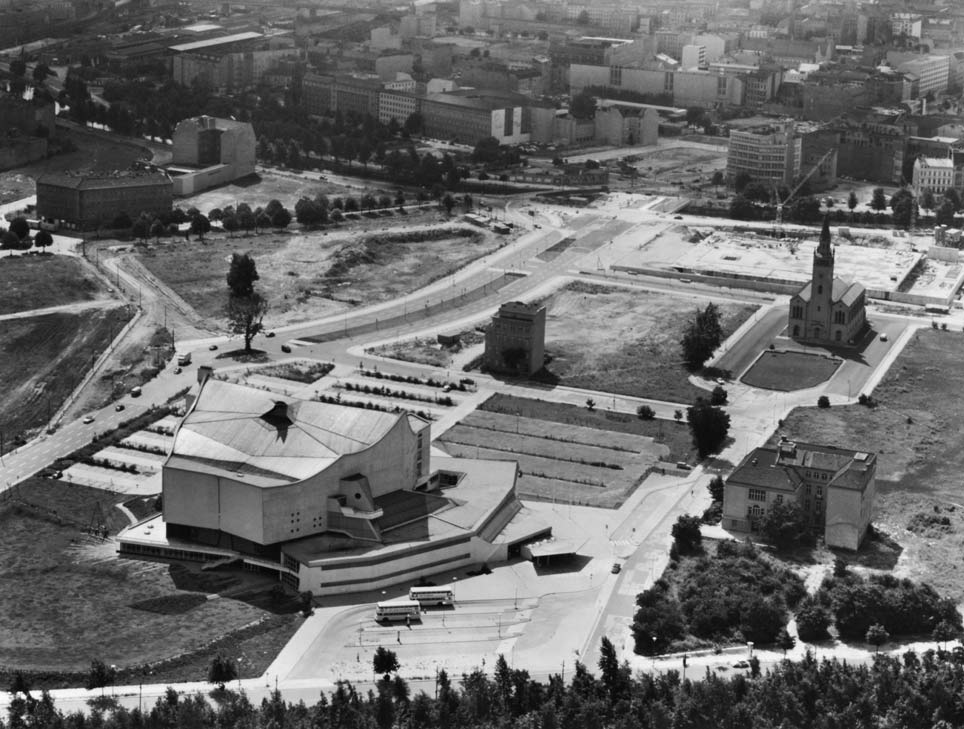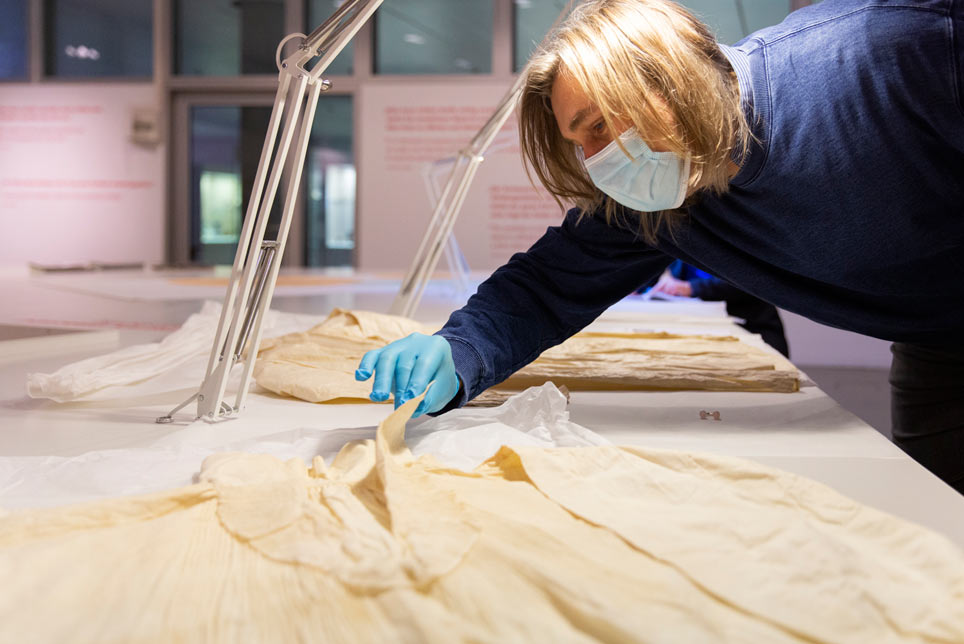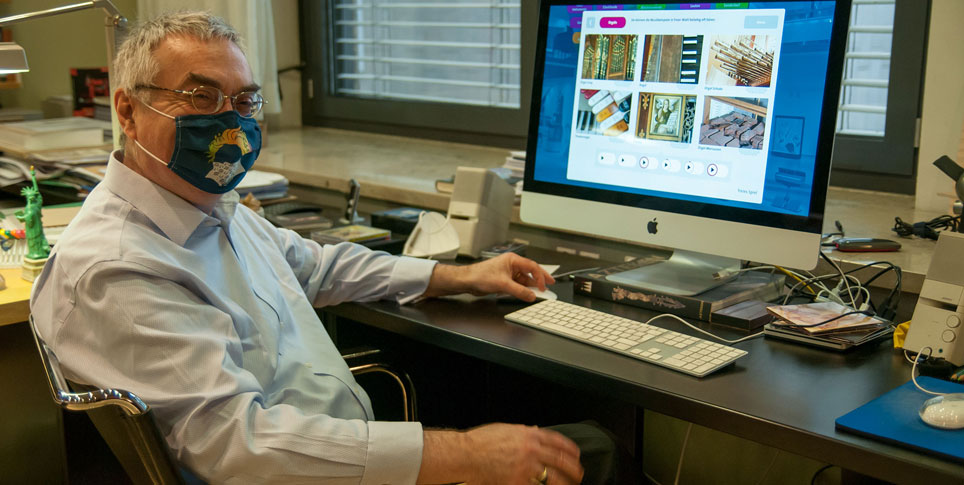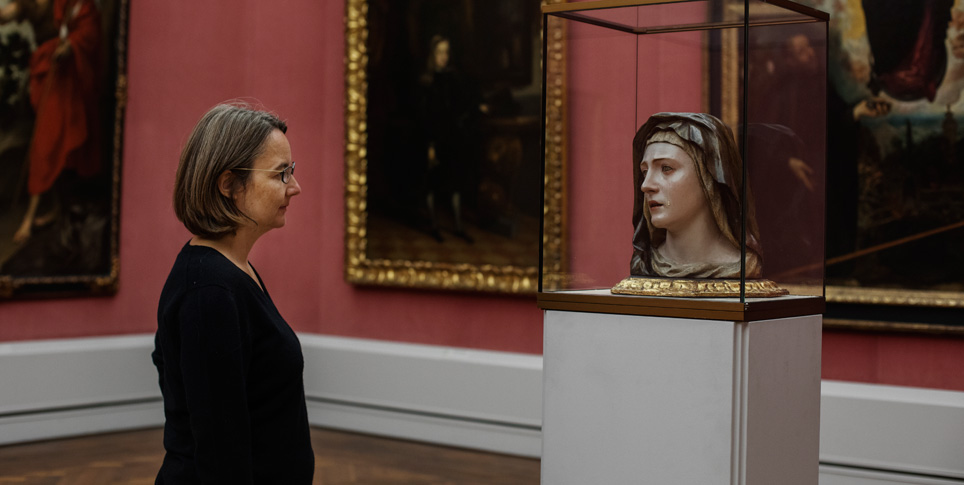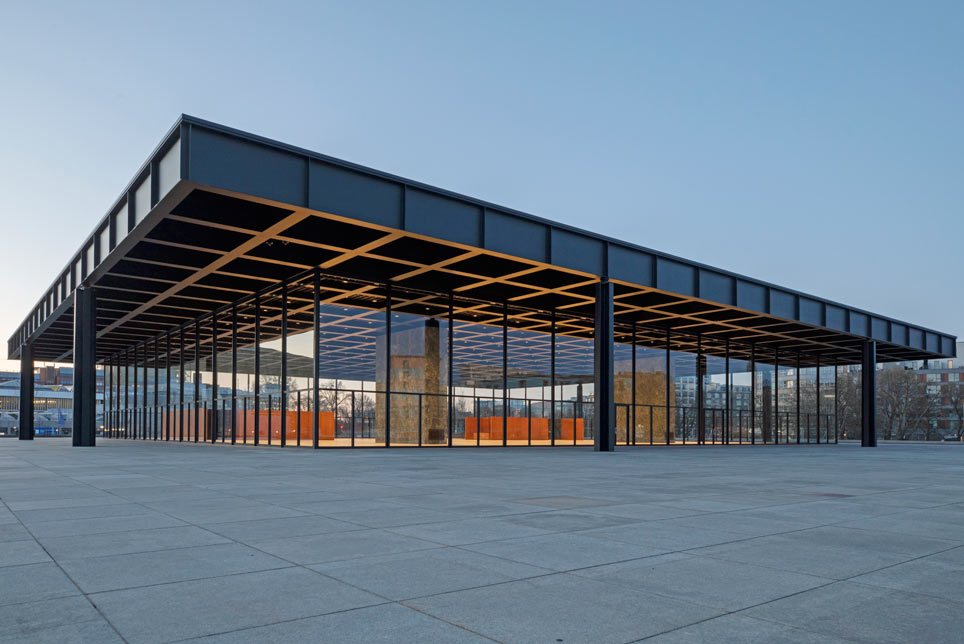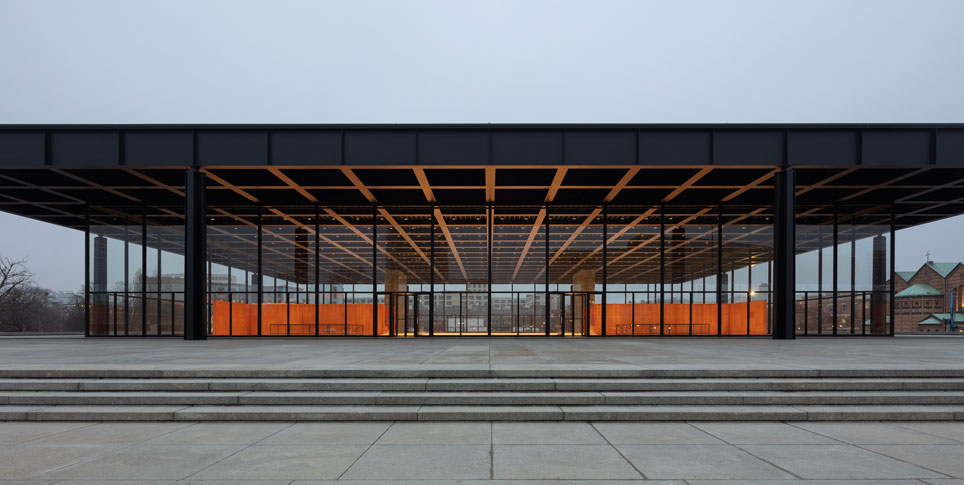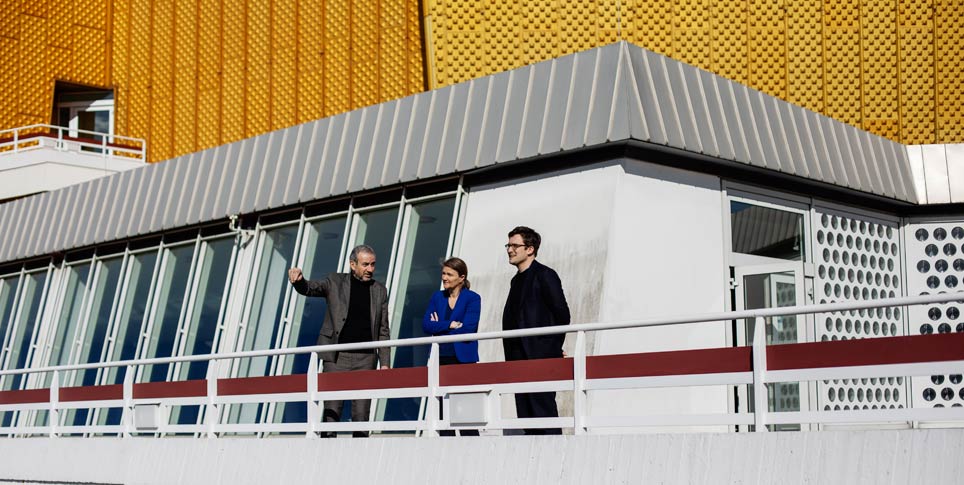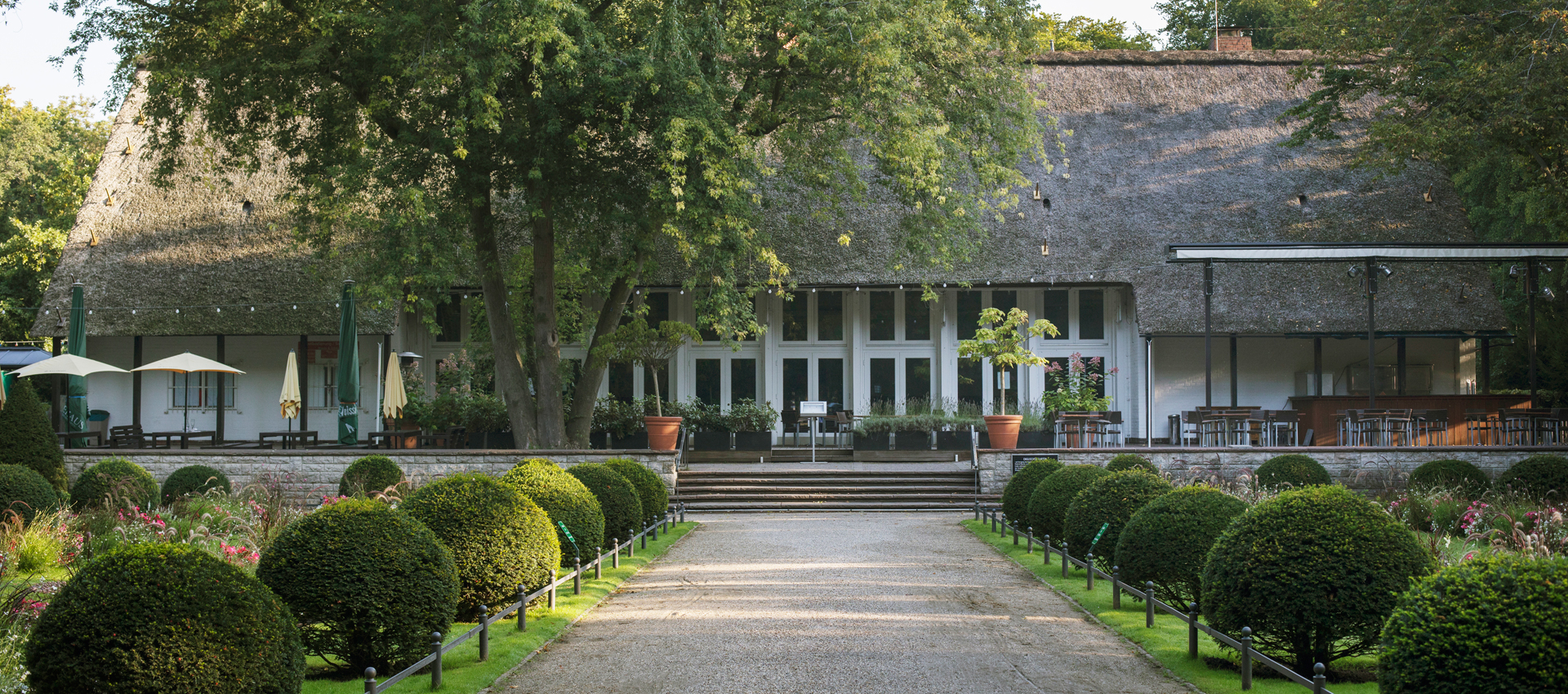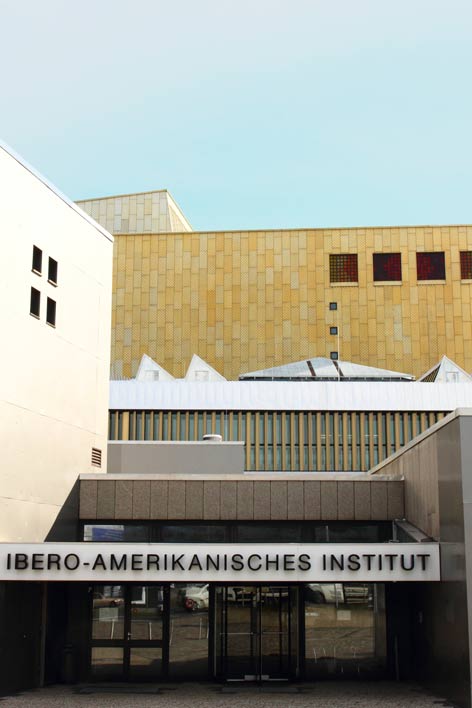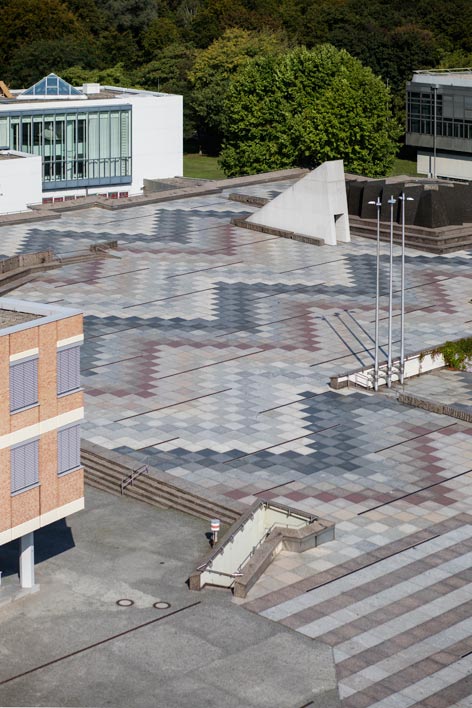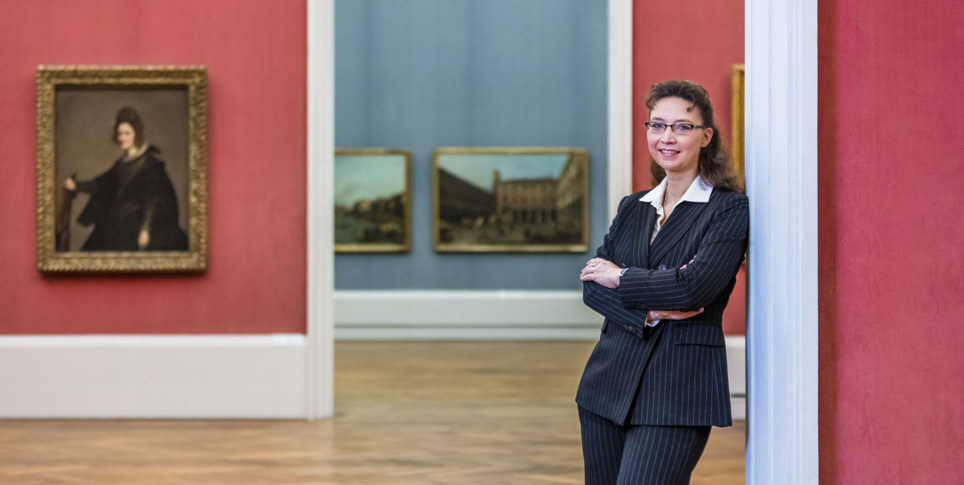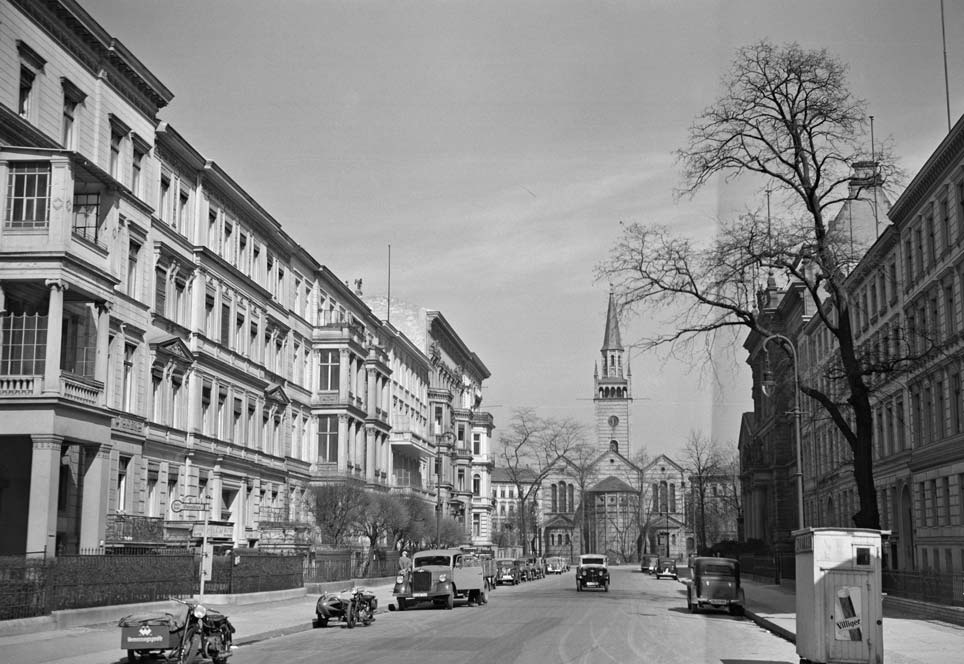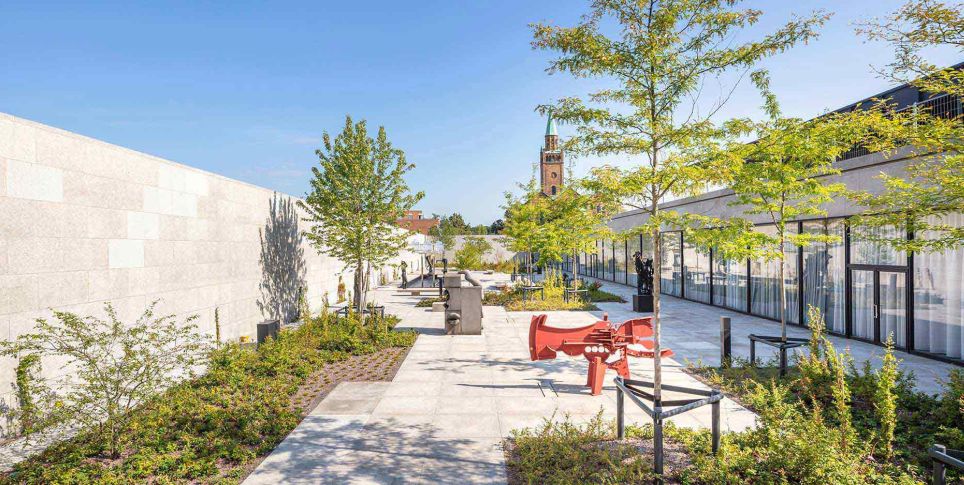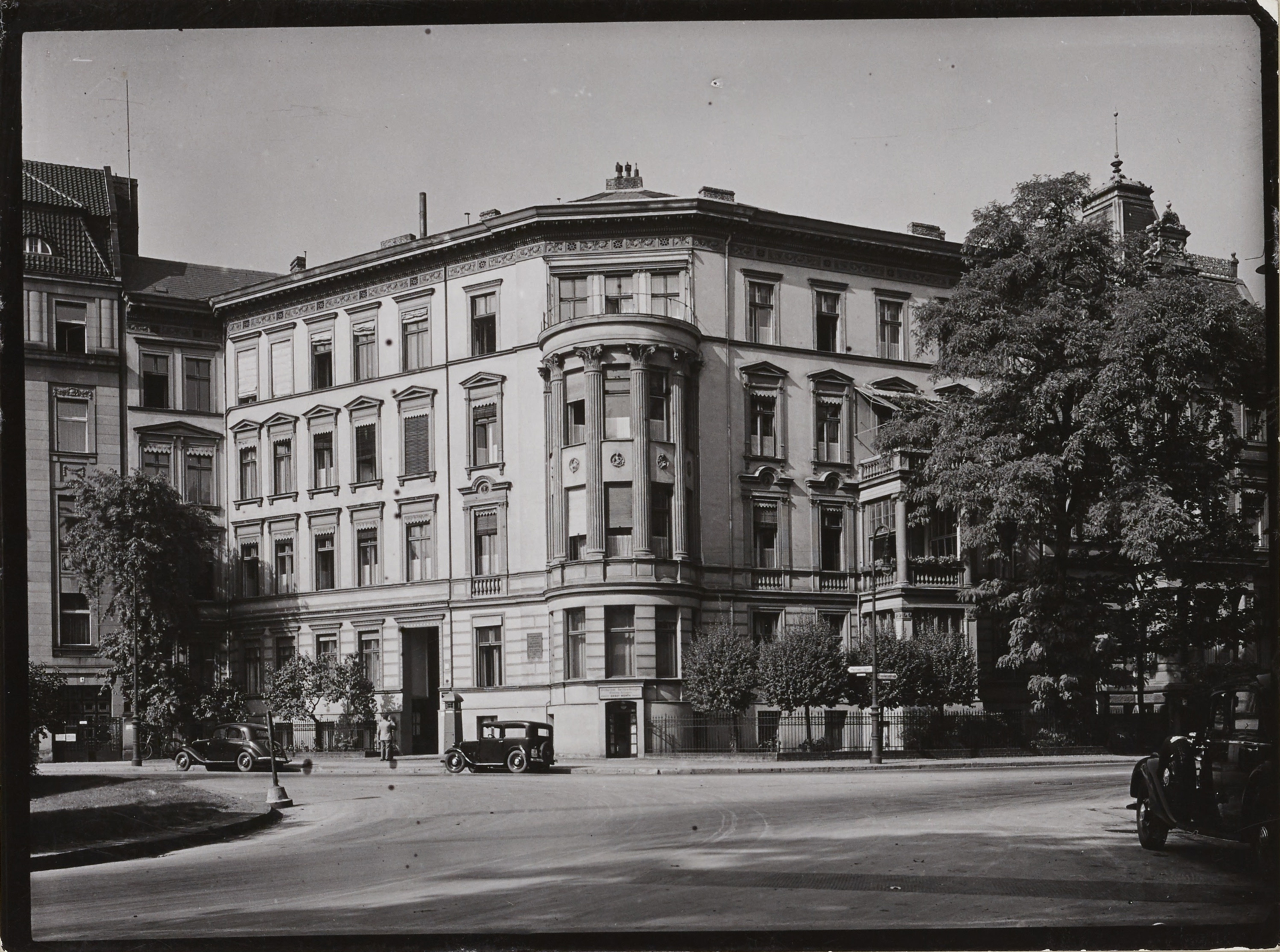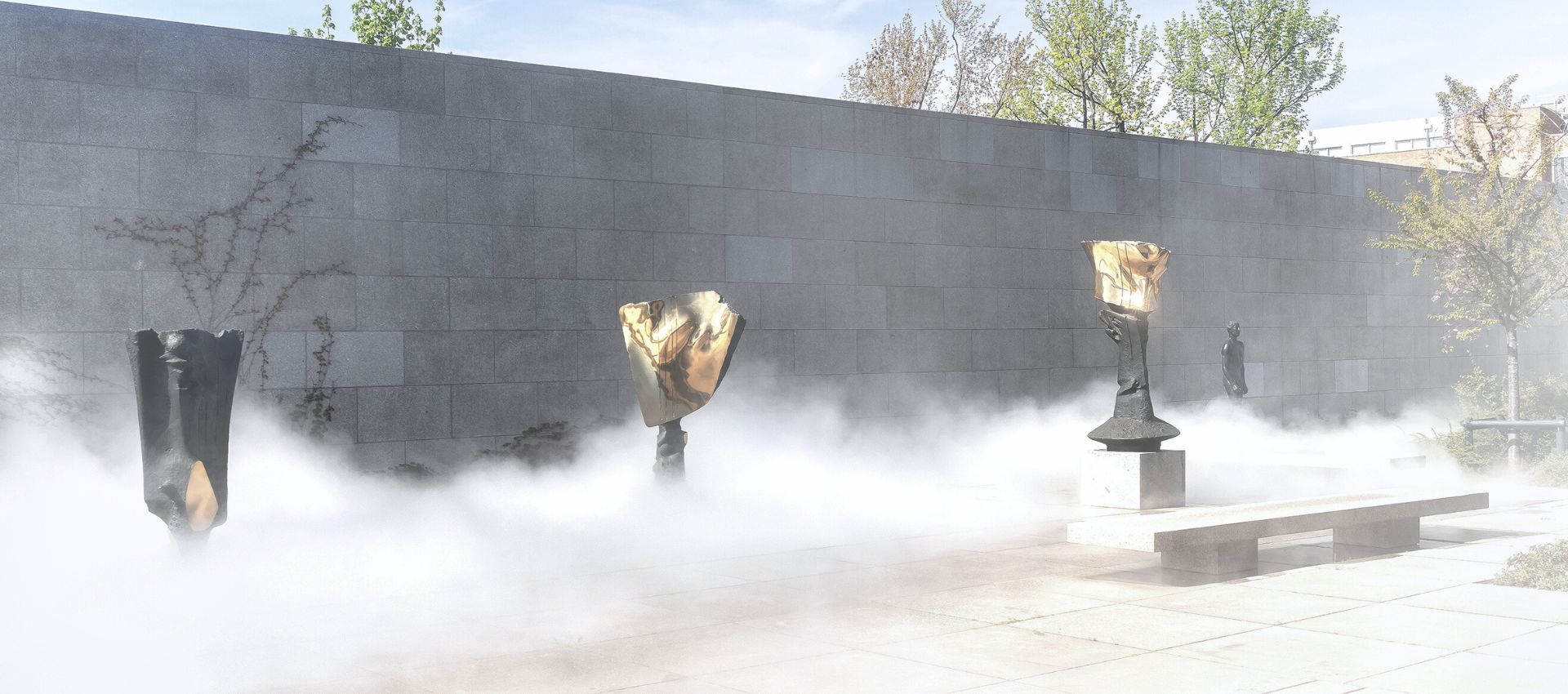Meet the new director general of the Staatsbibliothek zu Berlin (Berlin State Library), Achim Bonte. Born in Karlsruhe in 1964, Bonte studied history and German philology in Mannheim, Freiburg and Basel. He has previously held positions at Heidelberg University Library and at Saxon State and University Library Dresden, or SLUB (Universitätsbibliothek Heidelberg, Sächsische Landesbibliothek – Staats- und Universitätsbibliothek). He was appointed director general at SLUB in 2018. Bonte talked to us about his new role at the Staatsbibliothek, which comprises two major libraries in central Berlin.
What appeals to you about this position?
The Staatsbibliothek zu Berlin of the Stiftung Preussischer Kulturbesitz (Prussian Cultural Heritage Foundation) is the largest universal library in Germany and has a large number of outstanding specialists on its staff. So it has a special role to play in exploring and modeling a new concept for what libraries can be in our digital society, which is an important task for the future. The fact that this work will unfold in one of the most lively and energetic cities in Europe, and involves many potential partner institutions and interesting people, is an added attraction.
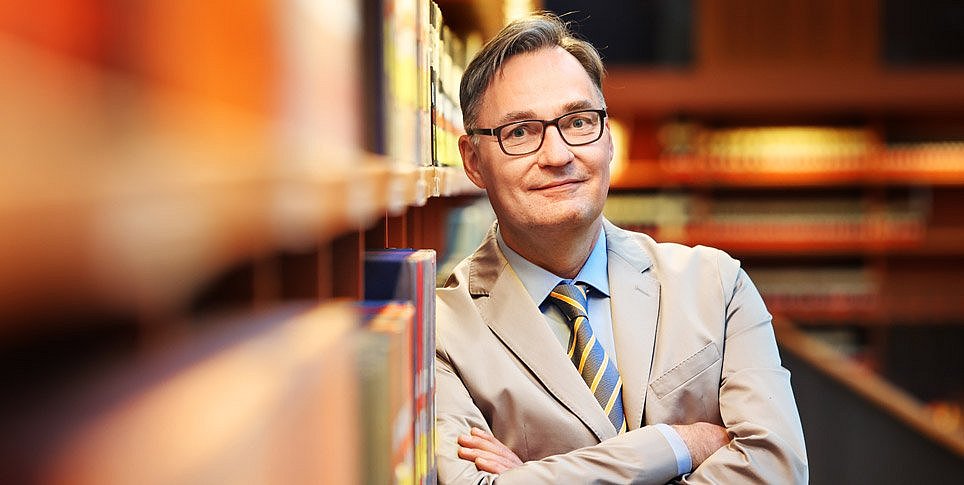
Achim Bonte Appointed Director General of the Staatsbibliothek zu Berlin. © Amac Garbe
What can people expect from the new leadership?
In a time when information and knowledge are rapidly becoming more accessible, the new idea of the library entails a decisive expansion of library services beyond the classic functions of distribution and storage. It involves an attitude that puts people at the center of our thinking and the things we do. Users become participants in this view, and by drawing on a range of ideas and input and incorporating various support services, it aims to transform libraries into hubs for communal knowledge work. It’s about "turning grocery stores into kitchens," to borrow a metaphor from an American colleague of mine. This idea can be applied very effectively in areas like collection profiling, data management and software development. At the same time, it will enhance the domestic and international reputation of the Staatsbibliothek, boosting its status as an innovator and helping it to gain third-party funding.
Libraries should also carefully nurture the distinctive features of the services they provide and their valuable status as highly cherished public institutions. Imagine an attractive place where people of all ages come together without having to pay admission or consume something. A place that effortlessly provides space for new encounters and ideas. A place that won't proselytize or spy on your data and habits. It is relatively easy for libraries like the Staatsbibliothek zu Berlin to become places like that.
What new avenues will you try to pursue?
To provide a serious answer to that, I would have to be better acquainted with the avenues that the Foundation and the Staatsbibliothek have explored so far. The approach we took in Dresden – a systematically user-oriented approach based on key performance indicators and a joint strategy – was widely acknowledged to be very successful. I am very much looking forward to continuing on that path in Berlin and being able to contribute and apply the experience that I have gained up to now.
